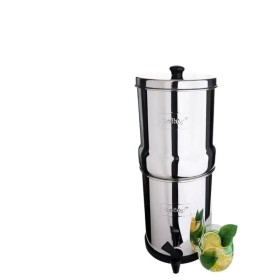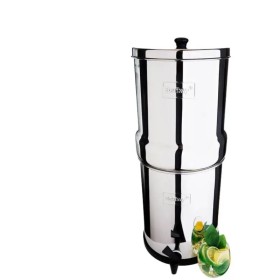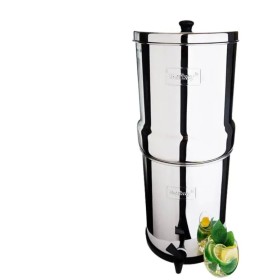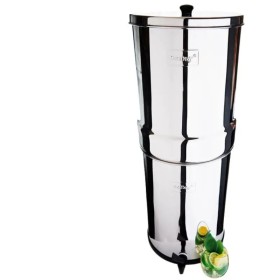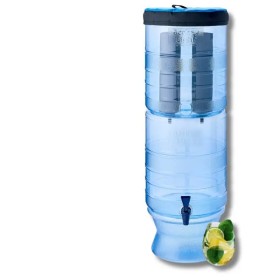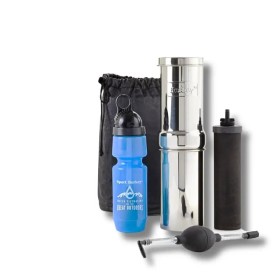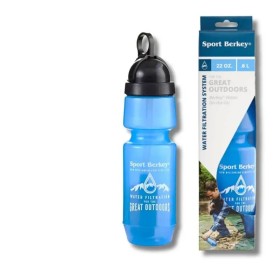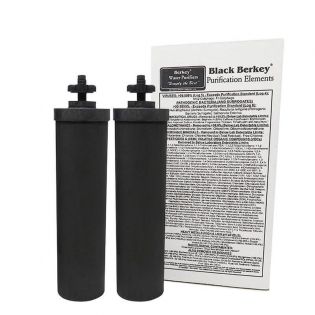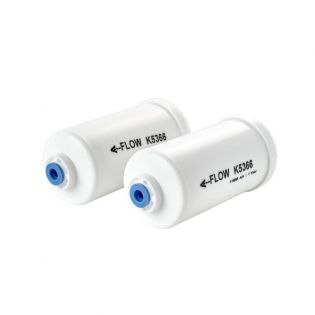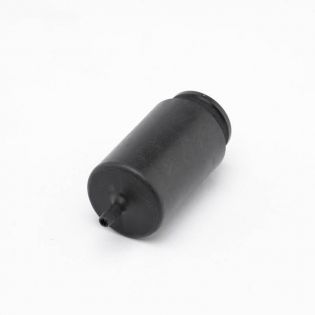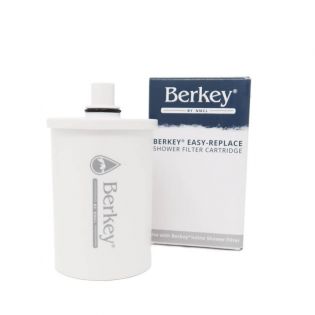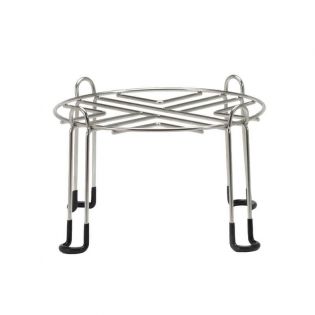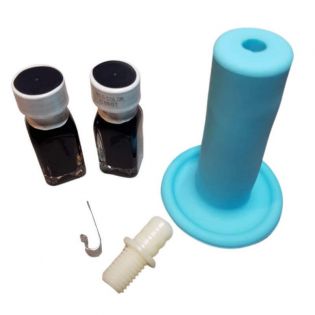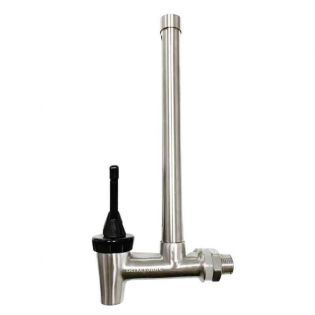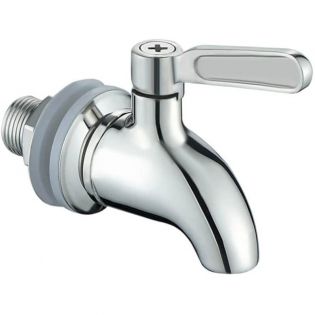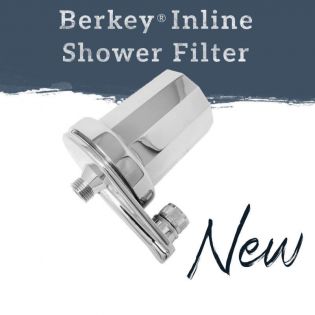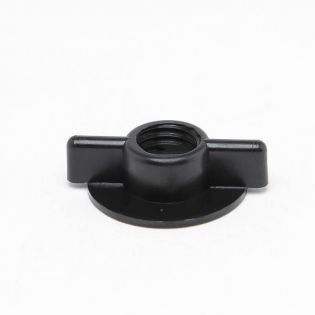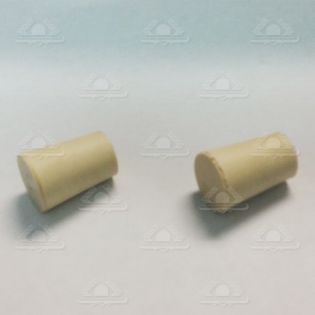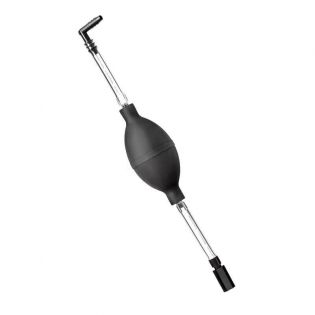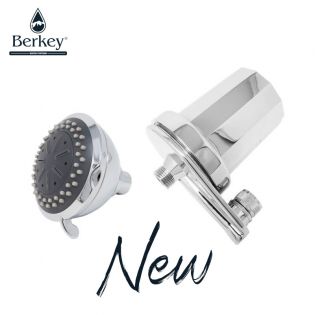Can I filter my pool water with Black Berkey® filters and drink it?
According to the World Health Organization, the following sources are not recommended as drinking water:
- Water from radiator circuits, hot water boilers (home heating systems)
- Water from the toilet bowl or cistern
- Water in waterbeds
- Water from swimming pools and spas
The chemicals and contaminants commonly found in pools are varied and mostly toxic: pH+, pH-, alkalinity adjustment (bicarbonate of soda, muriatic acid, sodium bisulfate), calcium hardness increase, chlorine, bromide, biguanide, cyanuric acid, ammonia, bacteria and other pathogens, algae, insects and animal waste...
The presence and concentrations of these chemical contaminants depend on several factors, including the type of pool, the type and dosage of disinfectants used, the bather load, temperature and pH.
Although Black Berkey® purification elements have been rigorously tested by independent third-party laboratories for the removal or reduction of a wide range of contaminants (herbicides, heavy metals, chlorine, chloramine, pathogenic bacteria, parasites, pesticides, perfluorinated acid compounds, petroleum products pharmaceutical products, radiological products, trihalomethanes, viruses and volatile organic compounds...) and even though according to the data of these tests, the concentration of chlorine is reduced by more than 99.9%, we believe that it is not recommended to filter the pool water with Berkey® systems and to drink it for regular consumption.
This water may contain contaminants or chemicals other than those tested and for which we have no factual data as to their dangerousness.
FAQs From Same Category
The composition of the purification elements Black Berkey® used in Berkey® systems is an exclusive, patent-protected formulation based on the assembly of six different types of specific media, including very high quality activated carbon. Assembled in a very compact matrix containing millions of microscopic pores, they allow the creation of a "tortuous path" through which the water will pass but not the pollutants. Indeed, these channels are so fine that all undesirable elements are inevitably captured. Through absorption and adsorption, even submicron viruses are blocked, which other water filters cannot achieve without chemicals.
The activated carbon block is impregnated with an ion exchange resin. Activated carbon adsorbs or chemically binds to organic compounds, such as petroleum-based fuels and solvents, many pesticides and pharmaceuticals. Ion exchange resin removes many dissolved metals from water by exchanging toxic heavy metals (such as lead, mercury and cadmium) for lighter, essentially harmless metals (such as sodium, the main component of table salt). All this allows for a complete and extremely efficient filtration.
Furthermore, the manufacturer Berkey® New Millenium Concept Ltd. confirms that no graphene oxide is used in the composition of the elements.
More details can be found on the page dedicated to the operation of Berkey® water filters.
That's right! Silver is used as an anti-microbial so that each Black Berkey® element can self-sterilize. Analysis was performed by an independent laboratory to ensure that the silver used does not dissolve in the purified water and this is exactly the case. The analysis concludes, "All control samples, including stock samples, positive and negative analytical controls, and the negative control collected prior to plating gave appropriate results and were accepted. Results for the leaching control samples (effluent sample spiked with MS2 and R. terrigena and analyzed at two time points) were quite similar, suggesting that no active antimicrobial agents dissolved in the treated water."
You can check the results in this full report.
Yes! BPA is not present in any Berkey® system or any part of it. No BPA in Black Berkey® filters and no BPA in the Berkey Light® or Sport Berkey® Filter Bottle either.
Effectively, water that passes through Black Berkey® filters tends to be more basic than it was before. Its pH goes up. And that's actually a good thing... This is because pathogenic bacteria and viruses tend to thrive in acidic environments and have difficulty surviving in alkaline environments. And the higher the pH, the more alkalinity there is.
Nevertheless, it should be kept in mind that the final pH level of the treated water may depend on other factors, such as the pH level of the water before filtration.

